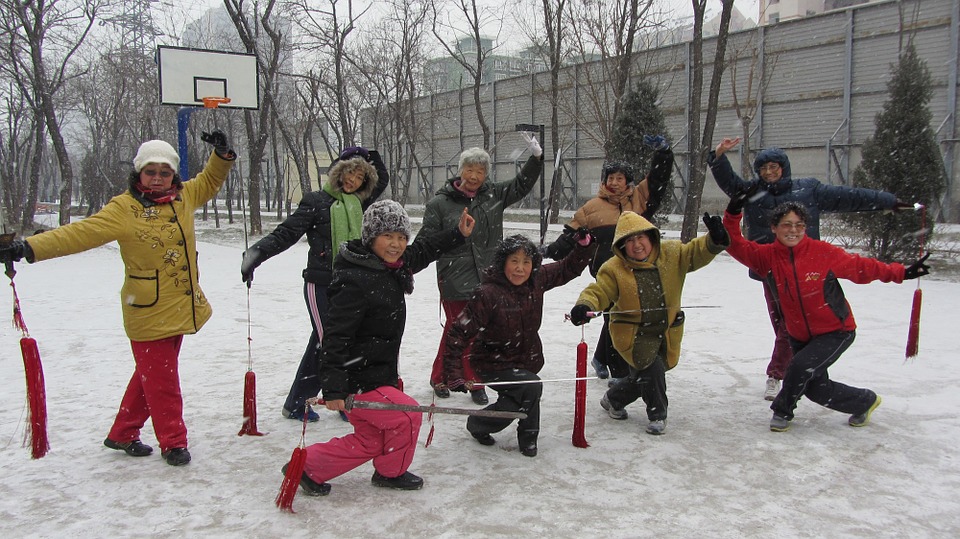By adopting a walking routine and other moderate physical activities, older adults can recover from a major disability more quickly, and maintain their independence over time, according to a new Yale-led study.

The study results, published Sept. 26 by the Annals of Internal Medicine, are drawn from the Lifestyle Interventions and Independence for Elders (LIFE) Study — the largest and longest trial of physical activity in older people.
In the randomized trial, the research team compared the effects of a structured physical activity program to those of a health education program on more than 1,600 adults between the ages of 70 and 89. The study participants were not disabled but were sedentary and had some physical limitations. The activity program consisted mainly of walking, in addition to strength, flexibility, and balance training exercises.
Over 3½ years, participants were assessed for major mobility disability, which was defined as the inability to walk a quarter mile. Older adults need to be able to walk this distance to participate in many activities and maintain their independence, the researchers said.
The research team found that compared to the health education program, the physical activity program reduced the total time that older adults suffered from major disability by 25%. The participants were less likely to experience disability in the first place, more likely to recover if they did suffer a disability, and less likely to have a subsequent episode, said the researchers.
“Our report strengthens the evidence supporting the benefit and long-term value of physical activity in promoting independent mobility among a growing population of vulnerable older persons,” said Dr. Thomas Gill, first author and professor of geriatrics.
The findings bolster previously reported results from the LIFE Study, which demonstrated that the structured physical activity program reduced the risk of experiencing a first episode of major mobility disability. The latest results also inform a growing body of research showing that older adults often transition between states of independence and disability over time.
“Interventions to promote independent mobility should focus not only on preventing the initial occurrence of disability, but also on restoring and maintaining independent mobility in older persons who become disabled,” Gill noted.
Web Source: Yale University. Original written by Ziba Kashef.
Journal Reference:
Michael E. Miller, PhD et al. Effect of Structured Physical Activity on Overall Burden and Transitions Between States of Major Mobility Disability in Older Persons: Secondary Analysis of a Randomized, Controlled Trial. Annals of Internal Medicine, September 2016 DOI: 10.7326/M16-0529
The post Moderate activity helps older adults maintain mobility, independence appeared first on Scienmag.





